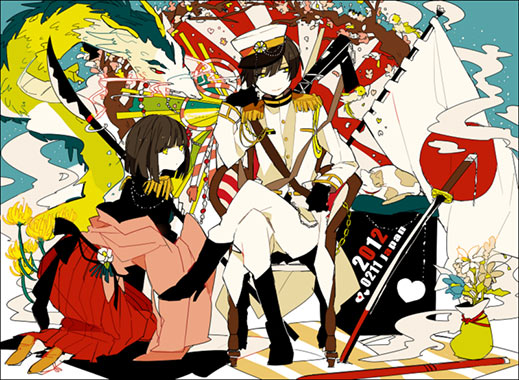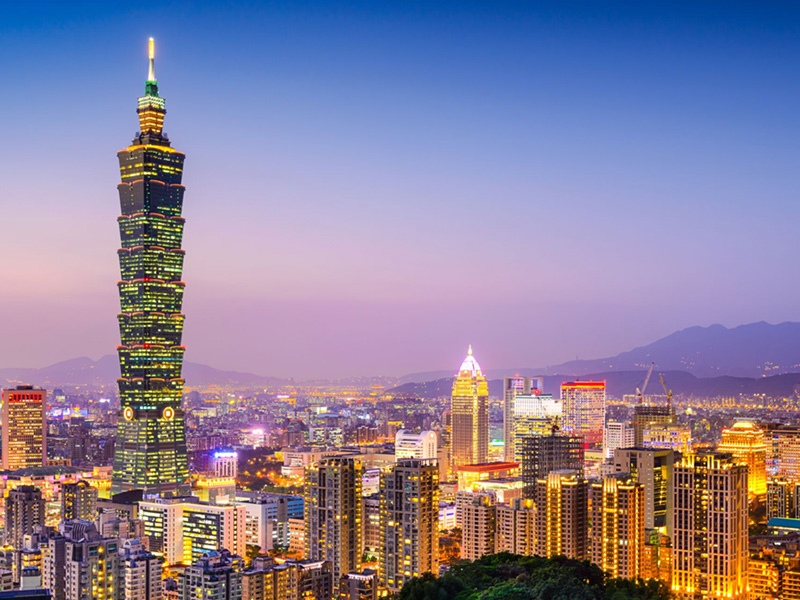One of the benefits of living outside the United States is not having to endure the endless bombardment of political messages during an election year, though I don’t mind turning on the Japanese news to watch their reporting. America’s election process can be quite confusing to outsiders, and a large amount of air time is dedicated to informing Japanese viewers what institutions like the Electoral College are and why they exist — it’s a little like trying to explain American football to Europeans who aren’t familiar with the rules of the sport. Of course, politics are very different between Japan and the U.S., and even concepts like being politically “left” or “right” are completely separate. Here, to be “right” leaning means to be loyal to the Emperor, usually supporting visits to by Japanese government officials to Yasukuni Shrine, which China and South Korea object to because war criminals are interred in the shrine in addition to normal soldiers. Japanese who are “left” leaning usually oppose the Japan-US Security Treaty of 1951, arguing that Japan should seek closer ties with China and force the U.S. to remove its bases from Okinawa. Happily, 85% of Japanese or more would describe themselves as being in the center, far from the two extremes. (One person on Facebook chose to be very offended at my use of the word “right wing” in Friday’s update as if I were implying a certain political opinion I don’t have and wouldn’t ever express here. So I wanted to clarify things a bit…I was/am discussing Japanese politics and am not implying anything about any political view held in the U.S.)

Japanese politics are quite different from those in the U.S.















